An Excerpt from “Atheism: What Everyone Needs to Know”
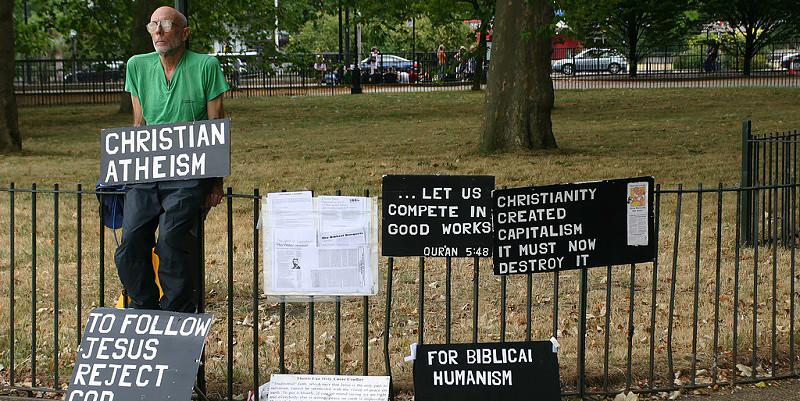
By Michael Ruse Christianity set the scene for the next two thousand years. It inherited the God of the Old Testament. By now, one is firmly in the world where one has moved from the one-among-many tribal god Yahweh to a single all-powerful creative deity: “Sovereign Lord, who made the heaven and the earth, the sea, and everything in them” (Acts 4: 24).
The Altar of Taylor Swift
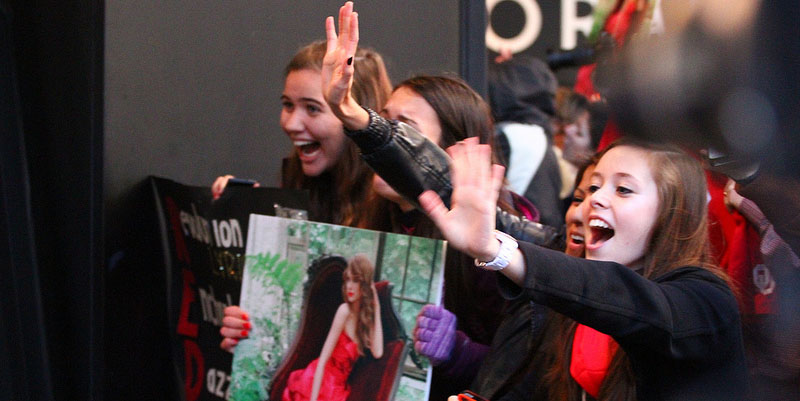
By Kelly J. Baker
The patron saint of awkward, idealistic (white) girls lives in my home, a part of our soundscape. The kids and I dance to her music. I place the toddler on my hip and grab the six-year-old’s hand. We shake off our concerns and frustrations together. We laugh at our silly dance moves. We sing along. This is a moment, in which we let everything go and enjoy ourselves.
Funereal Choices
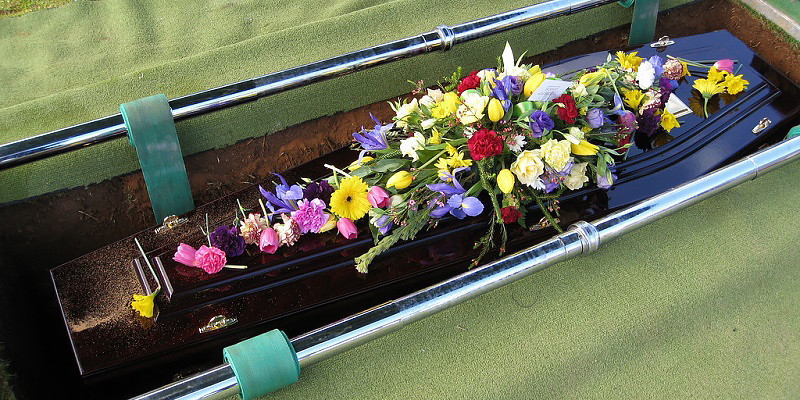
Gary Laderman “What do you want done with your body when you die?” This is a question I never fail to get from undergraduates in my college Death and Dying course. I’ve taught the class at Emory for roughly twenty years, and after a semester spent exploring attitudes toward death and mortuary practices over time and around the globe, students are most curious about this: the ultimate questions—not in theory, but in real life. My real life.
Satire, Sacredness, and Questioning the Lasting Political Significance of the “Charlie Hebdo” Shootings
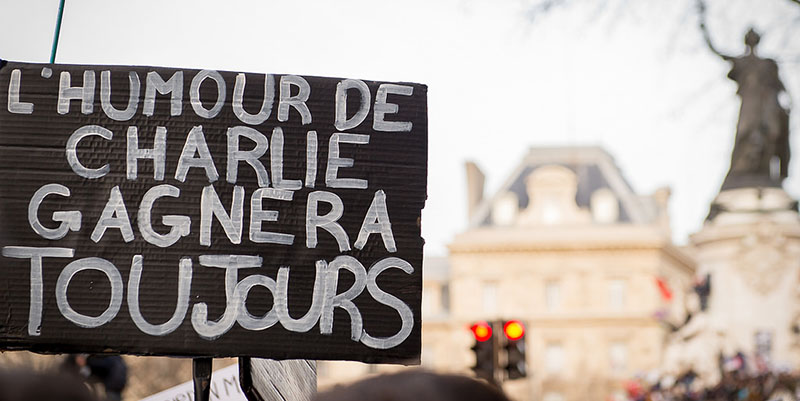
David Feltmate I keep asking myself this question as I read ever more commentary from media pundits and bloggers who are all condemning the killing of 12 people in Paris, France on January 7, 2015: You study religion and satire, can you make sense of this Charlie Hedbo…what do we call it now?
Modern Greece and the Politics of the Sacred

Louis A. Ruprecht Jr. Edmund Burke (1729-1797) referred famously to “the consecrated state.” G.W.F Hegel (1770-1831) spoke of the modern democratic state almost as if it were a “temple” dedicated to human freedom. Both men came to their startlingly spiritual views of modern politics and the modern state by reflecting critically on the French Revolution and its aftermath.
Superhero Afterlife (Abridged)

A. David Lewis is a national lecturer in Comics Studies and an award-winning graphic novelist. He holds a PhD in Religion and Literature from Boston University and is a founding member of Sacred and Sequential. His book, American Comics, Literary Theory, and Religion: The Superhero Afterlife, is now available from Palgrave Macmillan.
Commerce, Commercialism, Commercialization: How Money Gets Spent and Talked About on Holy Land Tours
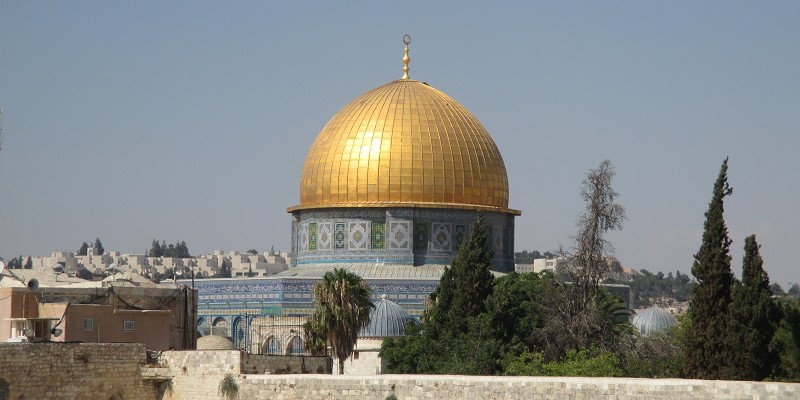
By Hillary Kaell Every year, a quarter-million Christians from the United States walk where Jesus walked, a trip they describe as a physical and imaginative return to the source of their faith…
“Looking” for Spirituality and Truth
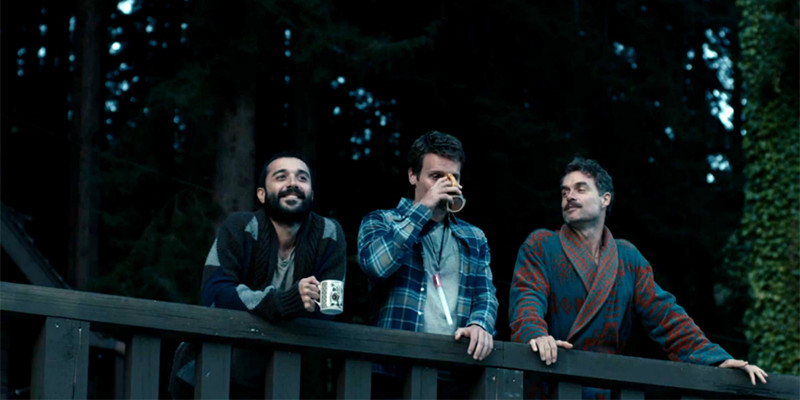
American Gurus: Seven Questions for Arthur Versluis
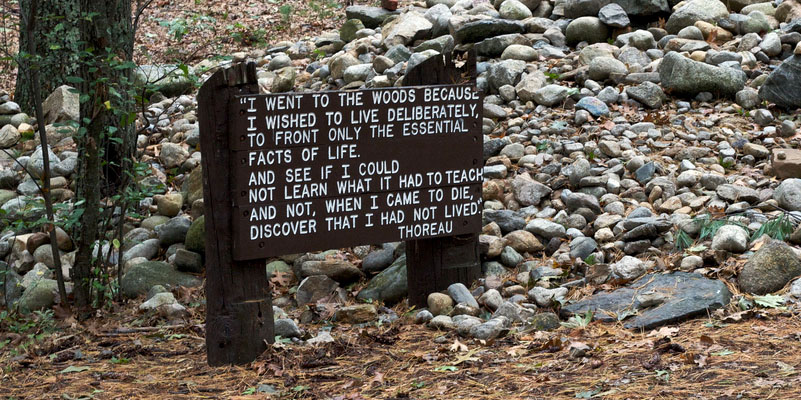
What sparked the idea for writing this book? Why write it now? American Gurus was a long time in the making. I first had the ideas for some of the book when I was working on American Transcendentalism and Asian Religions (1993). In particular, I wanted to look at how Platonism influenced American Transcendentalism.
LSD and the Rabbis: Conclusion
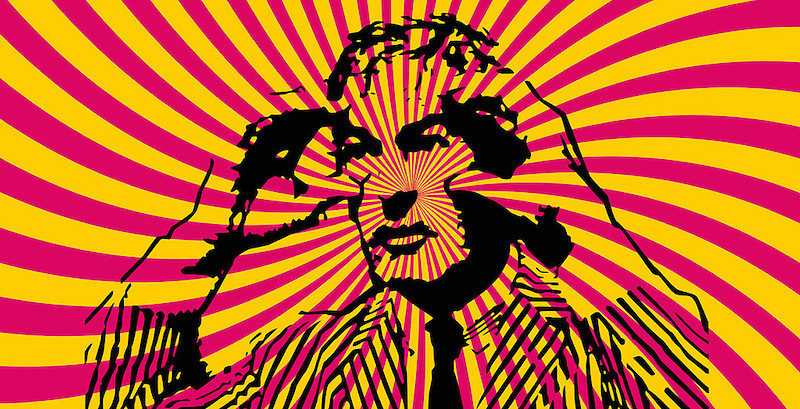
Shalom Goldman As a culturally and politically aware New York City teenager, I knew that there was a buzz among bohemians and literati about LSD use. That in the early 1960s artists, musicians and poets were using psychedelic drugs was not exactly news. And that some of these artists were Jews (in a city a quarter of whose population was Jewish) was not exactly news either.
